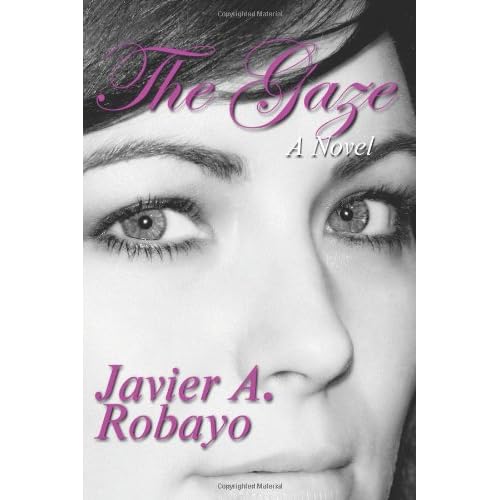As a modern indie author, it's easy to get bogged down in the online community. The Internet allows self-published authors all over the world to connect and share, to offer up excerpts and promote themselves 24/7. It's important to use social media and other online methods to spread the word about your books, but you shouldn't limit your marketing scope. When you want to sell more books and spread the word about what you've got to offer...think smaller. Local marketing is a great way to promote your work and get more experience with being a self-published author.
What's Nearby?
We all love Twitter, and I personally spend way too much time there. But every so often you've got to log out and get up. Go outside, and look around. You'll find lots of local marketing opportunities.
And don't worry -- I'm only kidding. You can still do some of it while you're sitting on the couch.
- Local libraries. Contact your local library about potentially carrying print versions of your book. If they're not having it (and it's a lot of time and trouble to make that happen, so don't feel bad), you can offer your services in a different way. Offer to participate in or even sponsor writer's workshops, and share your experiences with self-publishing with others who want to learn the craft. Libraries often hold community events, and they're looking for promotional opportunities just like everyone else.
- Local papers. Contact your local newspapers, and the smaller the better. Many small towns have their own papers, and if you live anywhere nearby you should send them an email. Offer up excerpts of your work, or maybe an op-ed piece about the world of self-publishing, or any other thing they might be interested in. Tell them you're also available for interviews, and when you first publish your book make it a point to send out press releases to these small papers with all the pertinent information. There's no reason you can't offer review copies of your work while you're making your inquiries, as well.
- Local schools and colleges. Contact your local schools, colleges and universities. Offer to visit during career day or another special event, and talk to students about writing and being an author. There are many students out there who wish to be writers, and you might have a lot to offer. Before you call, have a very clear presentation in mind. Craft outlines of speeches that take 15, 30 and 60 minutes, and have very clear ideas about your availability to come and speak.
- Local radio and television. Contact your local radio and television stations and let them know about your achievements and your availability for interviews. The worst they can do is laugh. Local radio especially may be interested in an engaging and insightful guest, so have a captivating topic to offer them. Talk about digital publishing, modern mystery writing, or something else that brings out your best and your personal knowledge.
- Local bookstores. Call local bookstores while you're at it, and offer to do signings, readings and/or workshops. Small and locally-owned bookstores are likely to be much more amenable to local self-published authors; big chains are a little dicier but it's worth a shot. You can make phone calls and send out emails in-between Tweets.
- Don't show up empty-handed. If you do get yourself booked, don't show up empty handed. Print up bookmarks, postcards, flyers and other take-home items that have information about you, your books, your website, and anything else you might be trying to promote.
Local marketing is often ignored by indies because the business (and the world) is extremely Internet-oriented. But don't ever underestimate the power of getting out there and getting in front of people. Personal charm and charisma can go a long, long way toward selling books. Your name and your face are a whole lot easier to remember if you're out there shaking hands and introducing yourself (and shoving bookmarks in those hands while you're at it). Word-of-mouth is always, beyond any doubt, the best possible promotion. It doesn't matter if those mouths are on Facebook a thousand miles away or right down the street. Once word starts to spread, it has the power to go all around the world...even if it starts on your block.
























